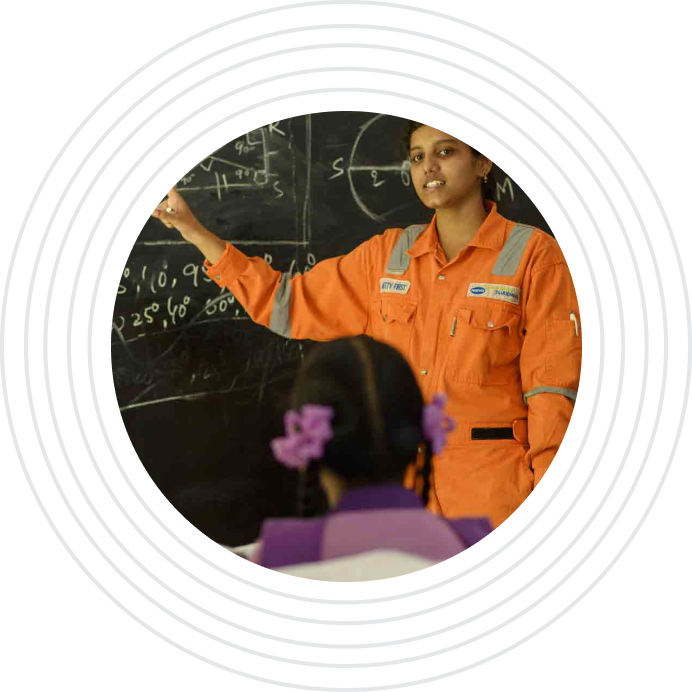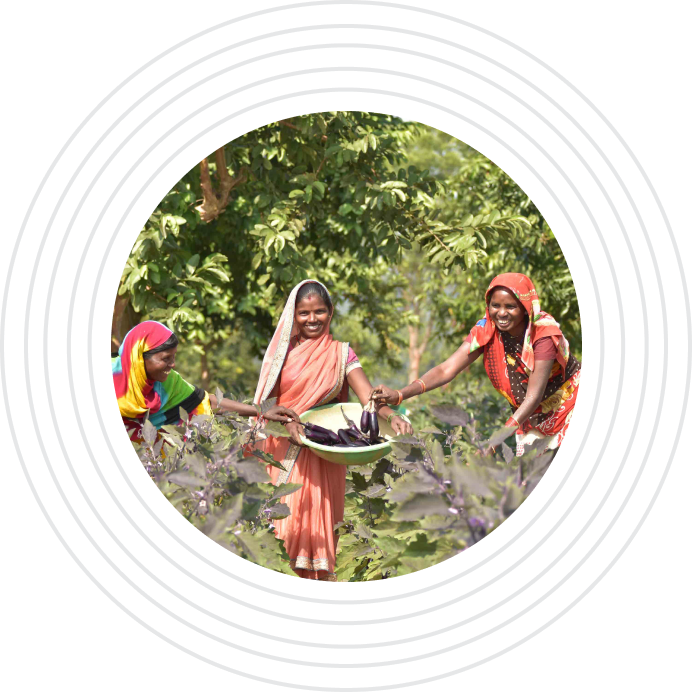
Chairman’s
message
Dear Stakeholders,
At Vedanta, we have always been committed to creating value and improving lives through sustainable and responsible mining. In the past year, we took a deep dive to analyse our place in the world – and the actions we must take to fulfil our commitment to the planet, our people, our communities and our country.
Anil Agarwal, Chairman
Read the full message

CEO's
message
Dear Stakeholders,
At Vedanta, we believe that agility, simplicity and resilience will help businesses become more sustainable. To us, sustainability is an integral and non-negotiable factor that helps us foster a nurturing environment for our businesses and communities to flourish. I am pleased to present our 14th Sustainability Report, which gives our stakeholders a concise, complete, and transparent assessment of our ability to create longstanding value.
Sunil Duggal, CEO
Read the full message













